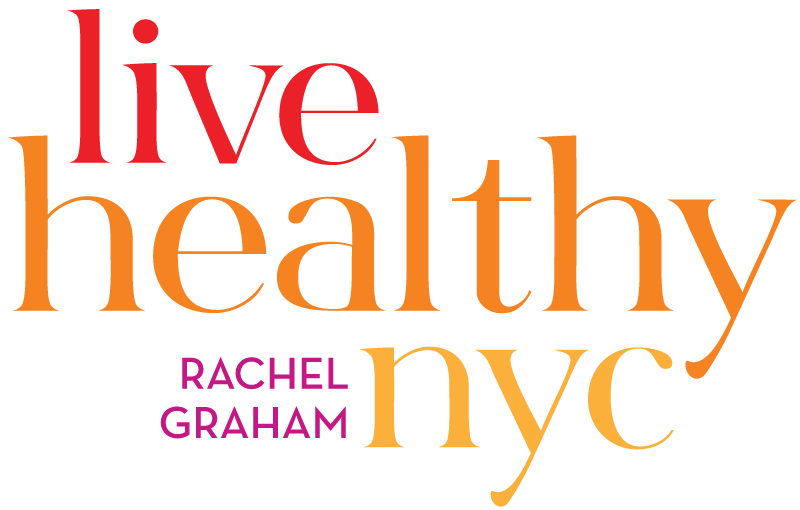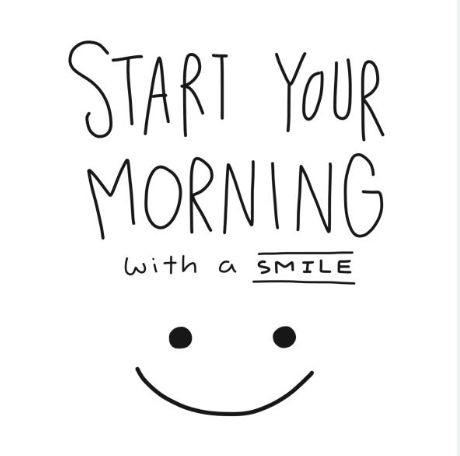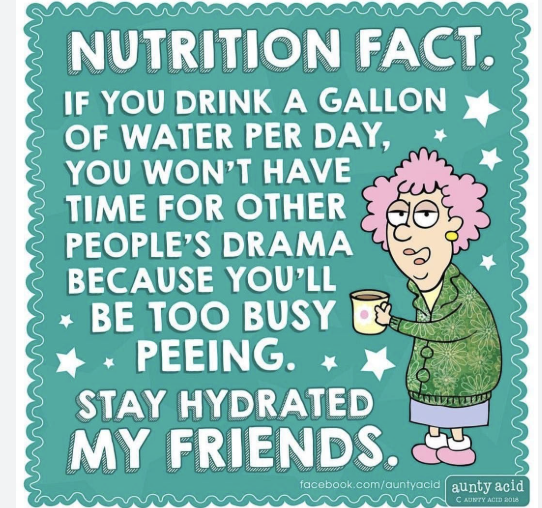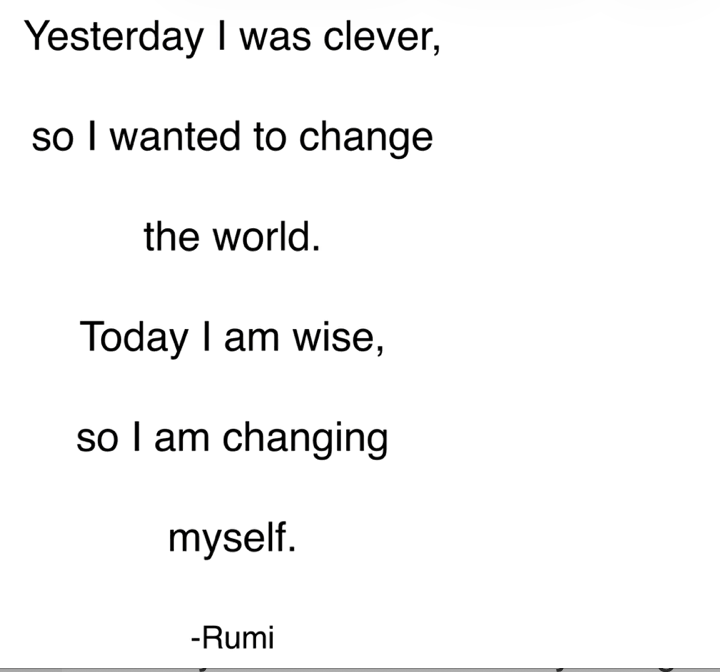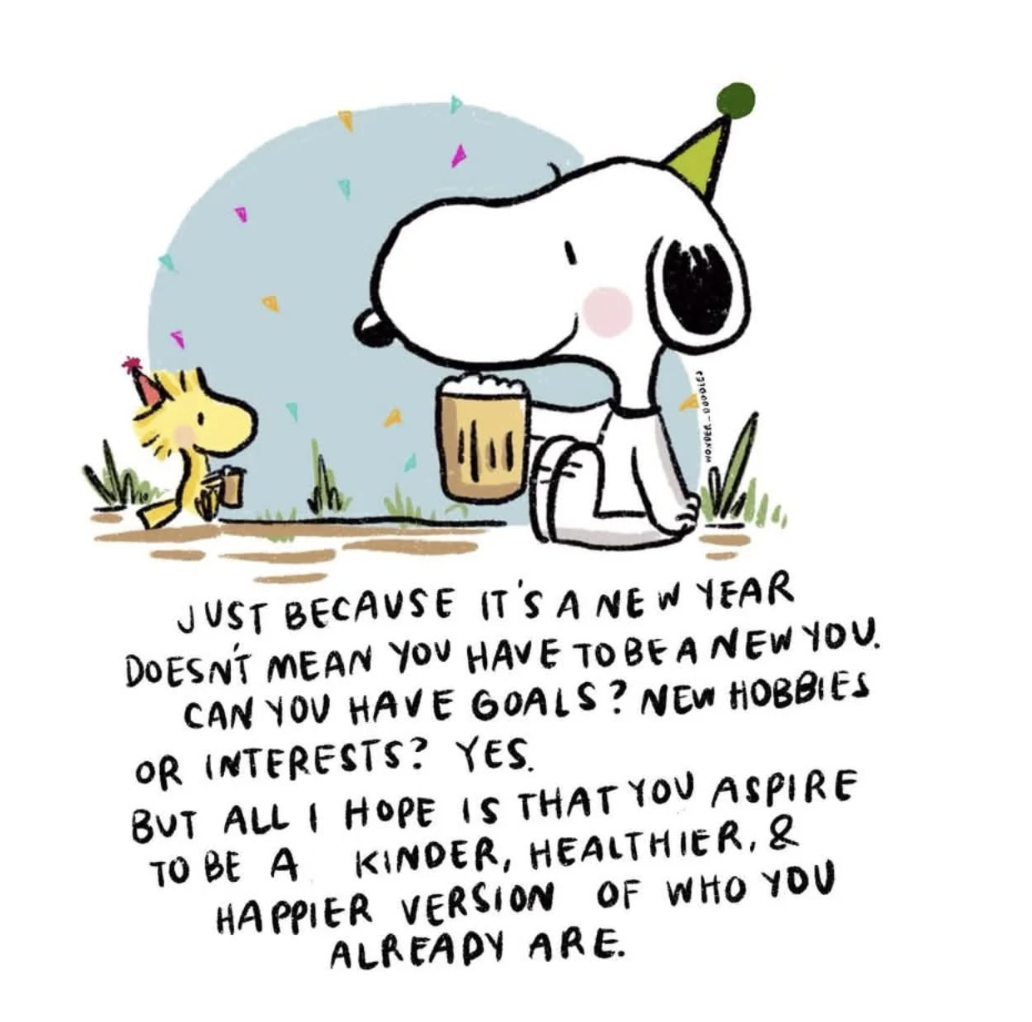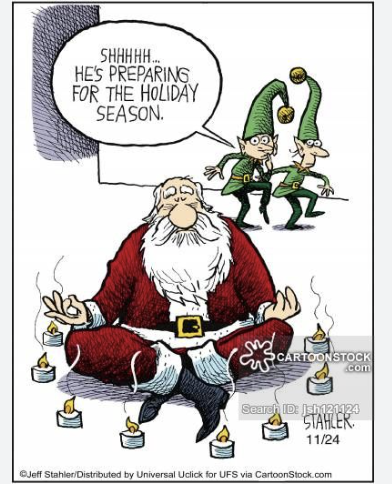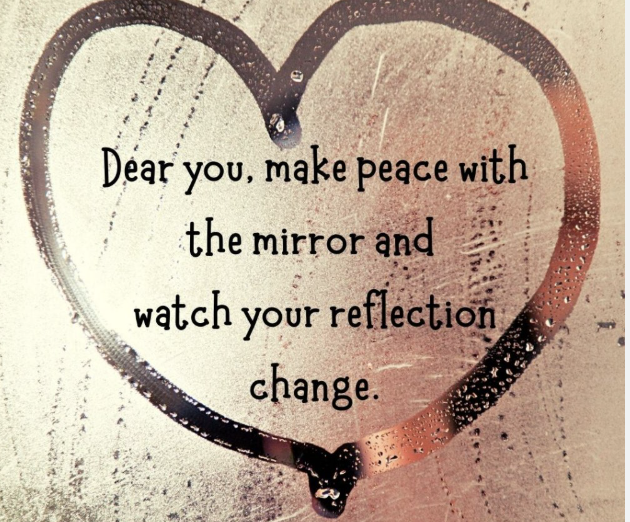It's been brutally cold here in NYC. As I was walking down the street, my face cold and my legs feeling numb, earbuds in, half-listening to a podcast, I passed a doorman, I looked up and said, “Good morning.” He lit up and boomed back, “Good morning to you too! And have a lovely day!”
It was such a small moment, but it completely shifted my mood. Suddenly, I had a bounce in my step. For a few blocks, I felt lighter, warmer, almost forgetting that the temperature was below normal.
It reminded me how powerful tiny gestures can be.
A smile can feel insignificant, almost silly, but it carries quite an influence. It can soften a tense moment, lift your mood, or make a gray day feel a little less heavy. It doesn’t require effort, perfection, or the “right” mindset. It’s readily available.
We often assume we smile because we feel good. But sometimes, smiling is what creates the good feeling. Even a brief smile can send a signal to the nervous system that things are okay. The jaw unclenches. The breath deepens. The shoulders drop. The body softens, just a little.
Smiles ripple outward to the barista, the stranger on the bus, the person across the dinner table. They say, I see you. In a city that moves fast and asks a lot, that small warmth can feel surprisingly grounding.
So what does this have to do with intuitive eating? More than you might expect.
Intuitive eating asks us to listen inward to hunger, fullness, satisfaction, and emotion, without judgment. But listening is hard when we’re tense, rushed, or stuck in self-criticism. Smiling, especially at ourselves, can be a soft reset.
Imagine approaching food with a clenched jaw and an inner critic running commentary. Now imagine approaching the same meal with a softer face, a calmer breath, and even a small smile.
When we soften, our faces, our posture, our expectations, it becomes easier to ask: What do I actually need right now? Not what we should eat. But what might feel satisfying and nourishing in this moment.
A smile won’t undo years of diet culture or body distrust. But it can be a starting point. A small reminder that care doesn’t have to be harsh to be effective. And if softening around food, your body, or yourself feels harder than it sounds, you don’t have to do it alone. If you’re curious about intuitive eating, support or therapy, I’m here, and I’d love to be part of that conversation. Feel free to reach out at rachel@livehealthynyc.com
